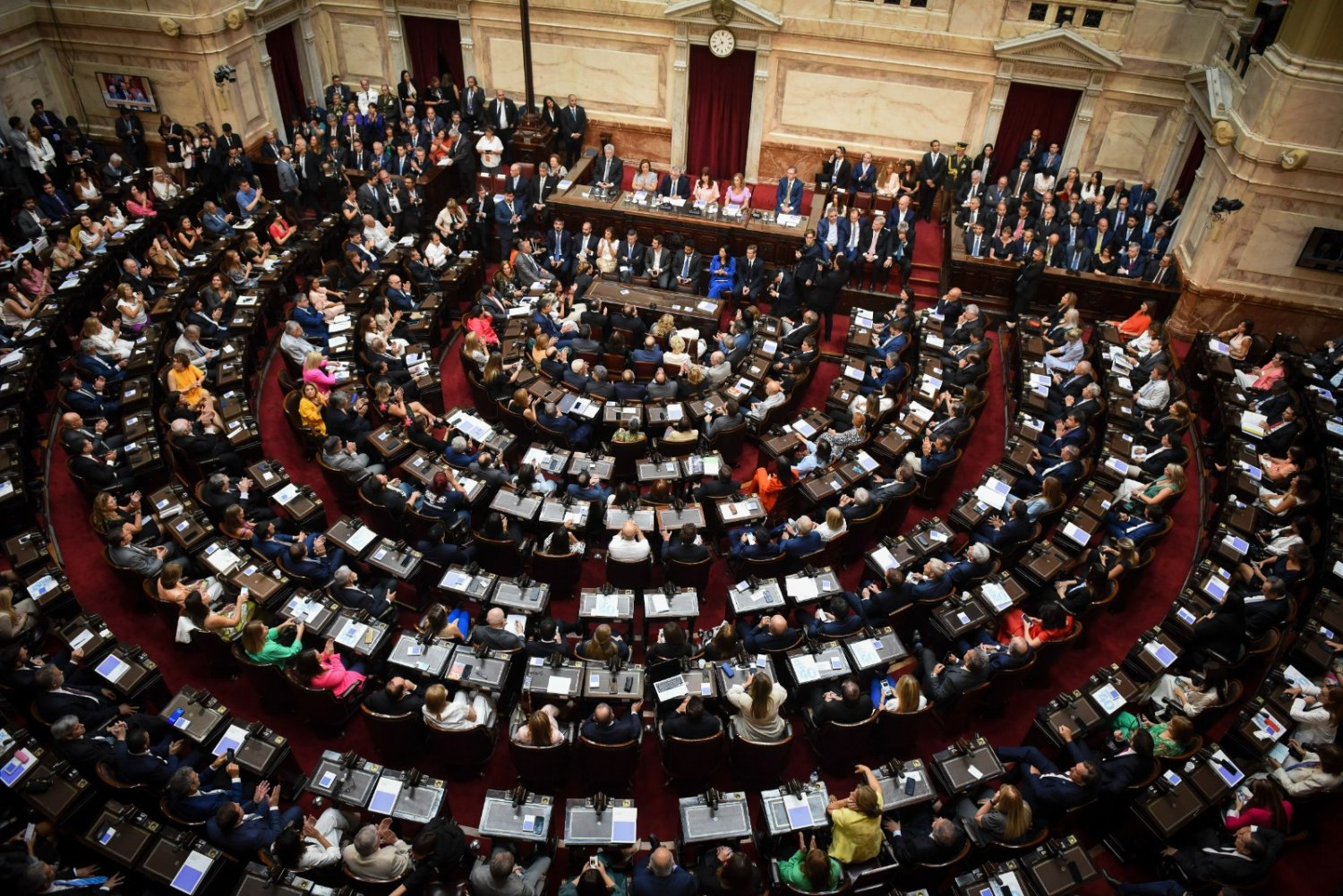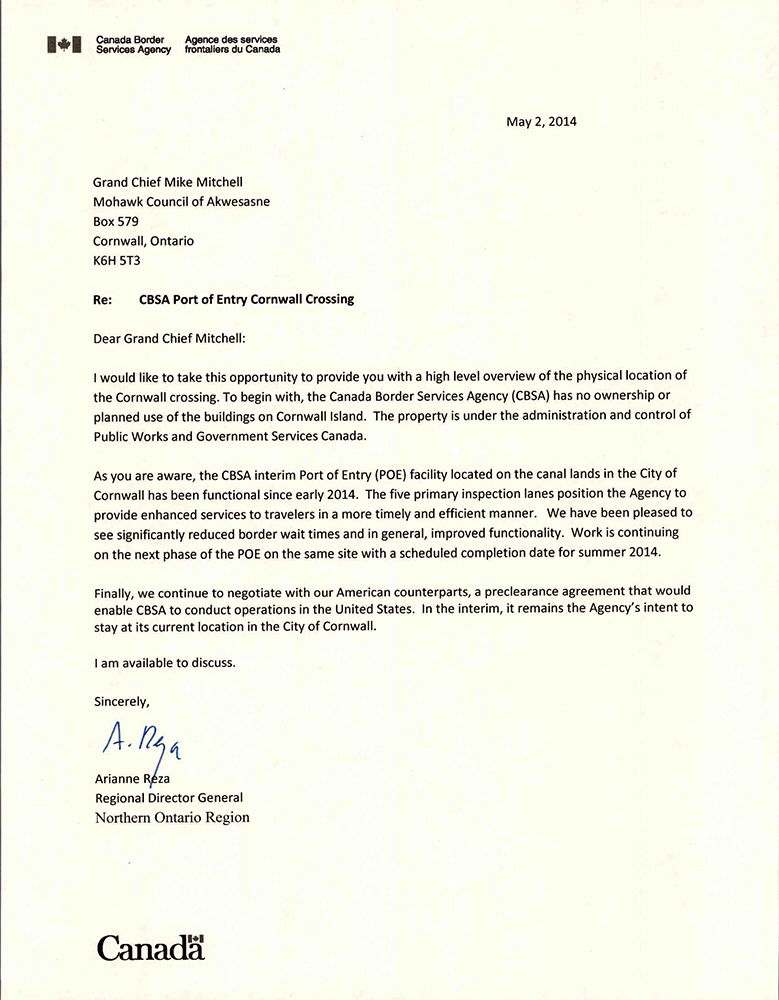How Eurovision Voting Works: A Complete Guide

Table of Contents
The Different Voting Methods in Eurovision
The Eurovision Song Contest's voting system has evolved significantly over the years, reflecting a commitment to fairness and inclusivity. Initially, voting was simpler, but the modern system incorporates multiple methods to ensure a well-rounded and representative result.
Jury Voting
National juries play a crucial role in Eurovision voting, adding a layer of expertise and mitigating potential biases in public voting. Each participating country appoints a jury of five music professionals – composers, singers, producers etc., – selected to ensure diverse musical backgrounds and prevent conflicts of interest. These juries watch all the performances without knowing the participating countries and secretly cast their votes using a 1-8, 10, and 12-point scoring system, similar to the public vote. The introduction of jury voting aimed to counter potential biases like bloc voting (where countries consistently vote for each other due to geographical proximity or political alliances) and increase the overall fairness of the competition.
Public Voting (Televoting)
Public voting, also known as televoting, is a core component of the Eurovision voting process, allowing viewers to directly participate in choosing the winner. Viewers can vote via telephone calls, SMS text messages, and dedicated Eurovision apps. Rigorous security measures are in place to prevent fraud and ensure the integrity of the public vote. These measures include sophisticated systems for detecting and filtering out fraudulent votes. The weight of public votes is carefully considered in combination with jury votes, contributing significantly to the final results. The aggregation of millions of individual votes from across Europe requires advanced technology and rigorous checks.
The Combination of Jury and Public Voting
To ensure a balanced and fair outcome, Eurovision combines jury and public votes. While the exact weighting can vary from year to year, often a 50/50 split is used – half the points coming from the jury votes and half from the public votes. This combination aims to achieve a result that reflects both expert opinion and popular preference. The rationale behind combining these methods lies in balancing the potential for bias in either method alone. The jury voting provides a more nuanced evaluation, less susceptible to trends, while the public vote reflects the broad appeal of each song across the continent.
Understanding the Eurovision Points Allocation System
Points are awarded on a 12-point system; each country awards 12 points to their favorite song, 10 points to their second favorite, and then 8, 7, 6, 5, 4, 3, 2, and 1 point to their next eight favorites. This is done by both the juries and the public vote independently, with the results announced live during the show. The spokesperson for each participating country dramatically reveals the points allocated to each performance. In case of a tie, the country with the higher public vote is placed higher. Crucially, self-voting – a country awarding points to itself – is not allowed.
Recent Changes and Controversies in Eurovision Voting
While the core principles remain consistent, the Eurovision voting system has seen adjustments over the years. The balance between jury and public voting has fluctuated, with different weightings being experimented with over the decades. Controversies have arisen, most notably surrounding allegations of bloc voting or potential jury manipulation. To address these concerns, the EBU (European Broadcasting Union) has introduced enhanced security measures, increased transparency, and refined the voting rules. For example, specific instances of suspected manipulation have led to investigations and adjustments in subsequent years to prevent recurrence.
Frequently Asked Questions about Eurovision Voting
- Can I vote for my own country? No, self-voting is prohibited.
- How are the juries chosen? Each participating broadcaster selects its national jury, ensuring diversity and avoiding conflicts of interest.
- What happens if there's a technical issue with the voting? The EBU has contingency plans in place to deal with technical issues, and the results are carefully verified.
- How are the results verified? Independent auditors verify the results of both jury and public voting to ensure accuracy and integrity.
Mastering Eurovision Voting – A Final Recap
This comprehensive guide to Eurovision voting has explored the different voting methods – the crucial interplay of jury and public votes, the detailed points allocation system, and its evolution over the years. Understanding both jury and public voting methods is essential for truly appreciating the complexities and excitement of the Eurovision Song Contest. The evolution of the system demonstrates a commitment to fairness and accuracy. Now that you understand the nuances of Eurovision voting, share this guide with your fellow Eurovision fans so they can fully "understand Eurovision voting" too. Let's all become Eurovision voting experts! Mastering Eurovision voting adds a whole new layer to your enjoyment of the contest.

Featured Posts
-
 Elecciones Cortes 2024 Los Aspirantes A Diputados De Rescate Y Transformacion
May 19, 2025
Elecciones Cortes 2024 Los Aspirantes A Diputados De Rescate Y Transformacion
May 19, 2025 -
 Analyzing The Polish Presidential Vote Implications For The Eu
May 19, 2025
Analyzing The Polish Presidential Vote Implications For The Eu
May 19, 2025 -
 High Stock Market Valuations Why Bof A Believes Investors Shouldnt Worry
May 19, 2025
High Stock Market Valuations Why Bof A Believes Investors Shouldnt Worry
May 19, 2025 -
 Observacion Electoral Cohep Fortalece La Democracia
May 19, 2025
Observacion Electoral Cohep Fortalece La Democracia
May 19, 2025 -
 Minervois Wine A Guide To Sun Drenched Vineyards And Value Wines
May 19, 2025
Minervois Wine A Guide To Sun Drenched Vineyards And Value Wines
May 19, 2025
Latest Posts
-
 Ftc Monopoly Case Against Meta The Defense Begins
May 19, 2025
Ftc Monopoly Case Against Meta The Defense Begins
May 19, 2025 -
 Ftc Trial Update Meta Shifts Focus To Defense Strategy
May 19, 2025
Ftc Trial Update Meta Shifts Focus To Defense Strategy
May 19, 2025 -
 220 Million Lawsuit Shakes Kahnawake Casino Owners Sue Mohawk Council And Grand Chief
May 19, 2025
220 Million Lawsuit Shakes Kahnawake Casino Owners Sue Mohawk Council And Grand Chief
May 19, 2025 -
 Metas Monopoly Defense Takes Center Stage In Ftc Trial
May 19, 2025
Metas Monopoly Defense Takes Center Stage In Ftc Trial
May 19, 2025 -
 Kahnawake Casino Dispute 220 Million Lawsuit Filed
May 19, 2025
Kahnawake Casino Dispute 220 Million Lawsuit Filed
May 19, 2025
